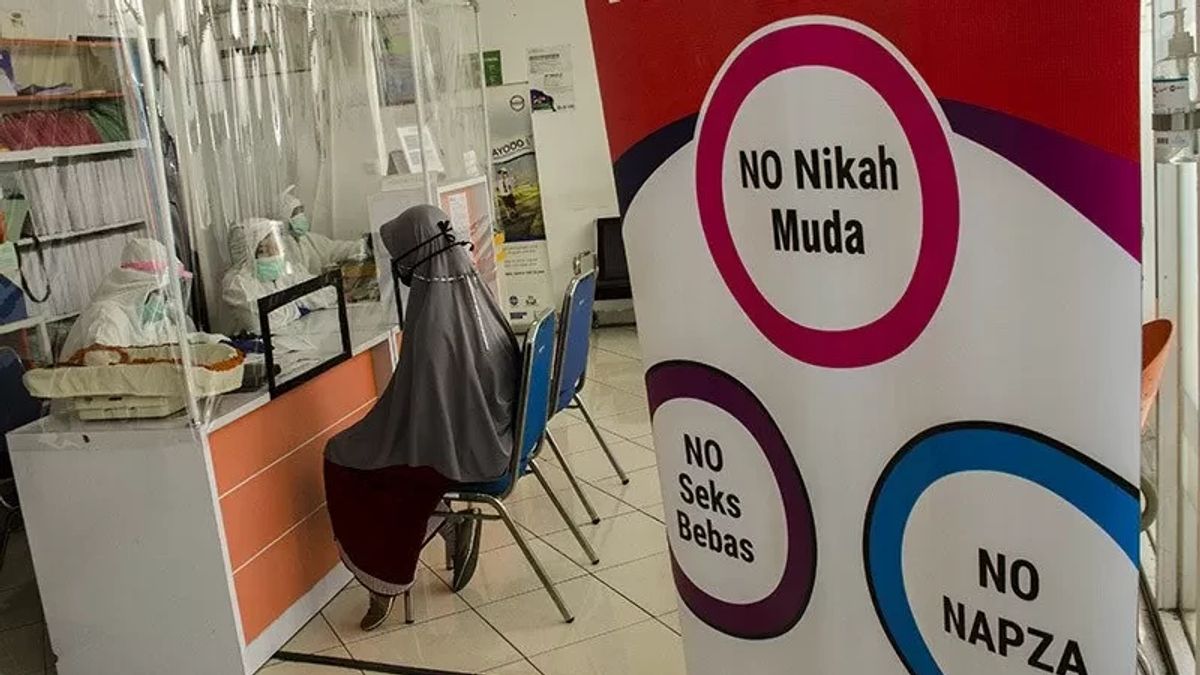
JAKARTA - Research Center for Public Health Research and Innovation National Agency for Research and Innovation (BRIN), Masdalina Pane, said that the commemoration of World Contraception Day is the right momentum to strengthen socialization about the importance of family planning programs (KB).
"World Contraception Day, which is celebrated every September 26, needs to be used to intensify the socialization of the family planning program," said Masdalina when confirmed, as quoted from Antara, Sunday, September 25.
According to her, the socialization regarding the family planning program and the importance of using contraception that has been carried out by the government has been very good, but it needs to be strengthened further in order to support the program to control the population and regulate pregnancy spacing.
The Head of the Professional Development Division of the Indonesian Association of Epidemiologists (PAEI) added that strengthening the socialization of the family planning program is expected to support the reduction of the total fertility rate (TFR) in Indonesia.
Based on the results of the 2021 family data collection report, Indonesia's total birth rate fell to 2.24, while in 2017 it was at 2.4.
"Population control through the family planning program has been very successful, although the COVID-19 pandemic is feared to affect the total birth rate and access to family planning, considering that there are many health facilities that have limited visits," she said.
SEE ALSO:
Thus, she said, it was necessary to strengthen socialization to increase public awareness regarding the importance of using family planning.
"Socialization is also expected to target the younger group or those who marry early," she said.
Based on data from the National Population and Family Planning Agency (BKKBN), she said, marriages under the age of 18 in Indonesia are 20 out of 1,000 marriages.
She added that family planning programs and the use of contraception can support maternal health.
"Regulation of the number and spacing of births will improve the quality of life of mothers, both maternal reproductive health and general health, because giving birth and caring for many children in close proximity can affect health and cause fatigue and a decrease in quality of life," she said.
The English, Chinese, Japanese, Arabic, and French versions are automatically generated by the AI. So there may still be inaccuracies in translating, please always see Indonesian as our main language. (system supported by DigitalSiber.id)
















